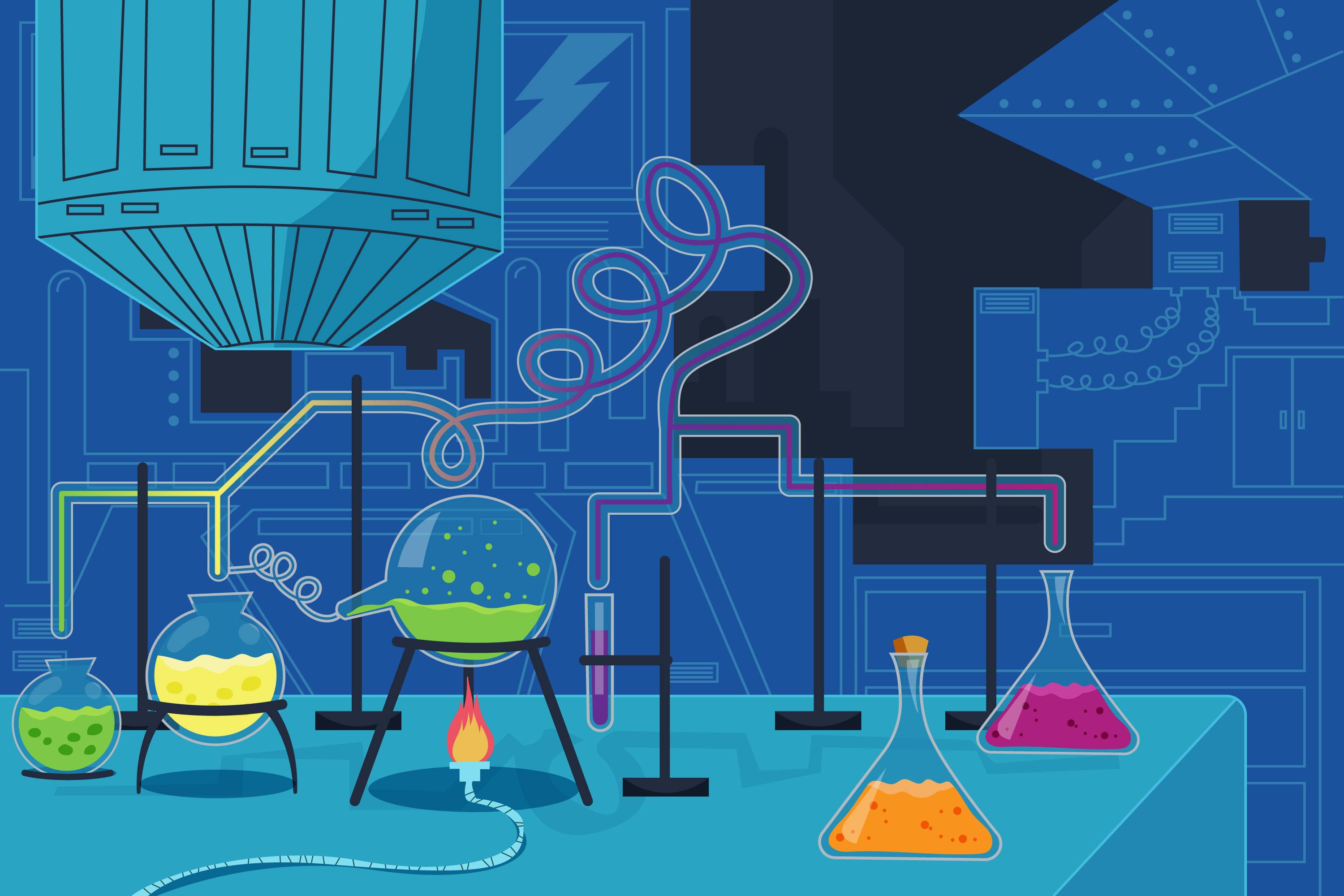Course Details
Your Growth, Our Mission

Course Description
The Training Course Will Highlight ?
Training Objective
Target Audience
The course creates for chemists, laboratory technicians, instrument engineers and supervisors who work in laboratory.
Training Methods
This interactive Training will be highly interactive, with opportunities to advance your opinions and ideas and will include;
• Lectures
• Workshop & Work Presentation
• Case Studies and Practical Exercise
• Videos and General Discussions
Daily Agenda
Day 1:
• Introduction
• Analytical Chemistry Historical and review
• Basic Principle and theory of Analytical Chemistry
• Analytical Chemistry and Chemical Analysis
• Type of Chemical Analysis Methods
o Classical Methods
o Instrumental Methods
• Electromagnetic Spectrum
• Beer–Lambert Law
• Theory of Spectroscopy
o Absorption
o Emission
o Fluorescence
o Phosphorescence
Day 2:
• Type of Spectroscopy Analysis
o Molecular Spectroscopy analysis
o Atomic Spectroscopy analysis
Atomic Absorption Spectroscopy
Atomic Emission Spectroscopy
Atomic Fluorescence Spectroscopy
Types of X-ray spectrometer
o X-ray Diffraction (XRD)
o X-ray Fluorescence (XRF)
Atomic Fluorescence Spectrometer (AFS)
XRF Instrumentation:
o Radiation Sources
o X-ray wavelength source
o Wavelength selectors
o Monochromators and filter
o Optical System
o Detector
o Computer interface
Day3:
Sampling, Preparation and Treatment
o Liquid Samples
o Solid Samples
Analysis Techniques
XRF; Advantages and Disadvantages
XRF; Maintenance & Troubleshooting
o Routine Maintenance
o Problem and troubleshot
o Safety requirement for running
o Interferences (Spectral, Chemical Ionization)
o Background Correction
Comparing Instrumental Techniques (XRF & XRD)
FAT Factory Acceptance Test & SAT Site Acceptance Test
XRF; Advantages and Disadvantages
Day 4:
Chemical laboratory measurement evolution
Analytical Method validation
Automating Calibration, and Standardization
o Instruments Calibration and Traceability
o Reference Standard Materials
o Correction of errors and improving Blank
o Correlation Coefficient & Residual analysis in regression
o Measurement Uncertainly in testing and calibration
Applications of XRF
o Organics and Petroleum analysis
o Petrochemical and Polymers analysis
o Environmental analysis
o Metallurgical analysis
Day 5:
The Evaluation of Results and measurements
Type of errors in measurements
Establishing the traceability of XRF measurements
o Principles of traceability
o Traceability: The International Definition
o International System of Quantities and Units (SI)
o Establishing Traceability
o Choice of the Reference
o Reporting Traceability
XRF Instrumentals validation
Characteristic of Method validation in XRF Analysis
o Specificity
o Linearity
o Range
o Accuracy & Precision
o Robustness
o Reputability, Reducibility
o Detection Limit (IDL, LOD, LOQ, LOL, ….)
Quality Control and Quality Assurance
Accreditation
BTS certificate will be issued to all attendees completing minimum of 75% of the total tuition hours of the Workshop.
Quick Enquiry
Request Info
Related Courses
Your Growth, Our Mission

